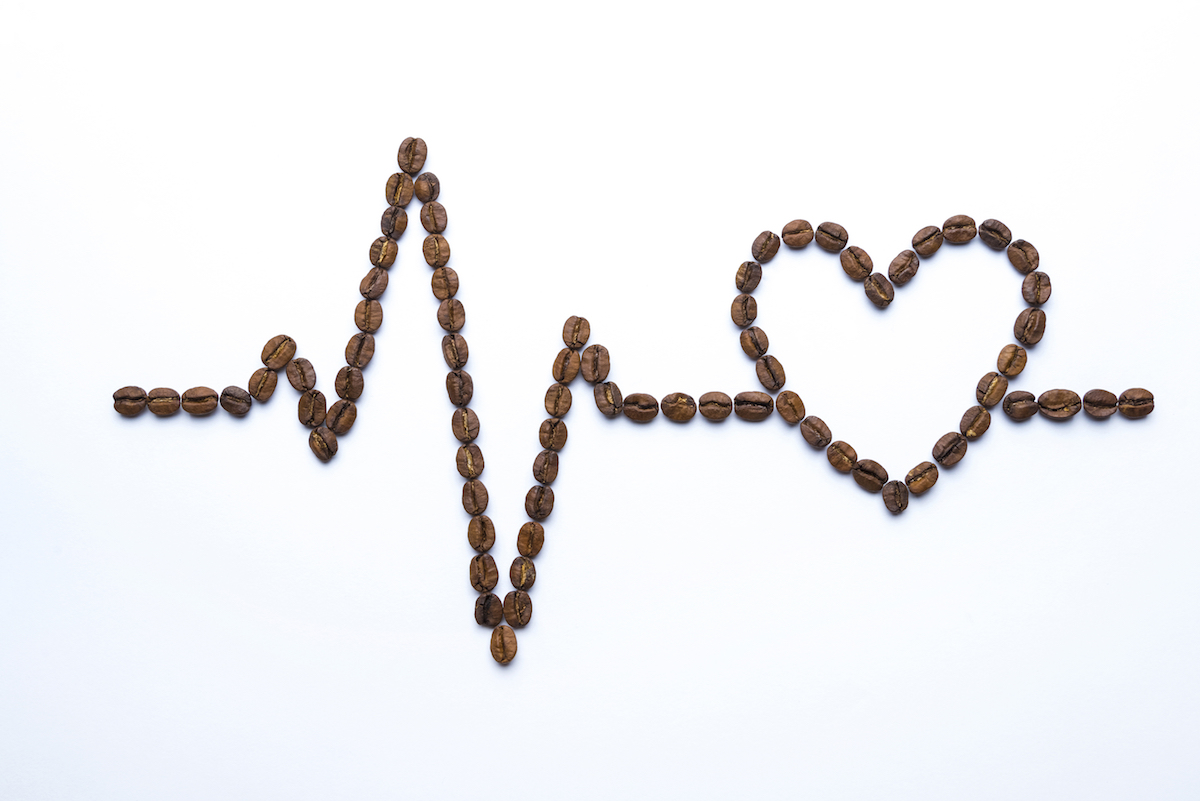Recent studies have indicated a concerning relationship between excessive coffee consumption and cardiovascular health. While moderate coffee intake has long been associated with various health benefits, including enhanced cognitive function and reduced risk of certain diseases, emerging research suggests that surpassing recommended limits could pose significant risks to heart health. These findings underscore the importance of re-evaluating our daily caffeine habits in light of new evidence.
The investigation into the cardiovascular effects of high coffee consumption reveals a nuanced understanding of caffeine's impact on the body. A study published in a leading medical journal found that individuals who consume more than four cups of coffee per day may experience elevated blood pressure and increased heart rate, both recognized risk factors for heart disease. Furthermore, the research highlights potential links between excessive caffeine intake and arrhythmias, or irregular heartbeats, which can lead to severe complications if left unaddressed.
Much of this research has focused on the possible impact of caffeine — a stimulant found in beverages like coffee, tea, and energy drinksTrusted Source and foods like chocolate — on heart healthTrusted Source.
One of the latest of these studies, recently presented at ACC Asia 2024 in India, reports that people who chronically drink high amounts of caffeine at least five days per week may increase their risk of cardiovascular disease, even if they are otherwise in good health.
The researchers defined chronic caffeine consumption as drinking any caffeinated drinks five days a week for more than a year. The researchers said they focused on “tea, coffee and aerated beverages such as Coke, Pepsi, Redbull, Sting and Monster.” They used a randomized group of 92 healthy people ages 18-45 with normal blood pressure. All of them had their blood pressure and pulse taken and did a three minute step test, then their blood pressure and heart rates were measured at one minute and five minutes after that test. Researchers also looked at sociodemographic data and daily caffeine intake.
There are between 95 and 200 mg. of caffeine in an 8-ounce cup of coffee, 35 to 45 mg. in a 12-ounce can of cola, 70 to 150 in an 8-ounce energy drink and 14 to 60 in an 8-ounce cup of tea, Kagathara estimated.
The U.S. Food and Drug Administration advises healthy adults to consume no more than 400 mg. of caffeine daily.
In the study, daily consumption of more than 600 mg. of caffeine correlated strongly with elevated heart rate (100 beats per minute) and blood pressure (greater than 140/90 mm Hg) after five minutes of rest following a three-minute step test.
Those who had the highest caffeine intake - around 600mg every day - had significantly elevated heart rates and blood pressure after five minutes of rest following the step test.
High blood pressure, also known as hypertension, is associated with an increased risk of numerous illnesses including coronary artery disease, heart failure, chronic kidney disease, and dementia.
Over time, hypertension weakens your heart and is a leading risk factor for heart disease.
Read more
Disaster Recovery ,Process of rebuilding begins in Lahaina Seattle Mariners 3-6 Los Angeles DodgersSarah H
Also on site :
- Every MCU actor that has not been cast in Avengers: Doomsday
- New films, new stories
- The untold story of San Francisco's most underrated romantic comedy

